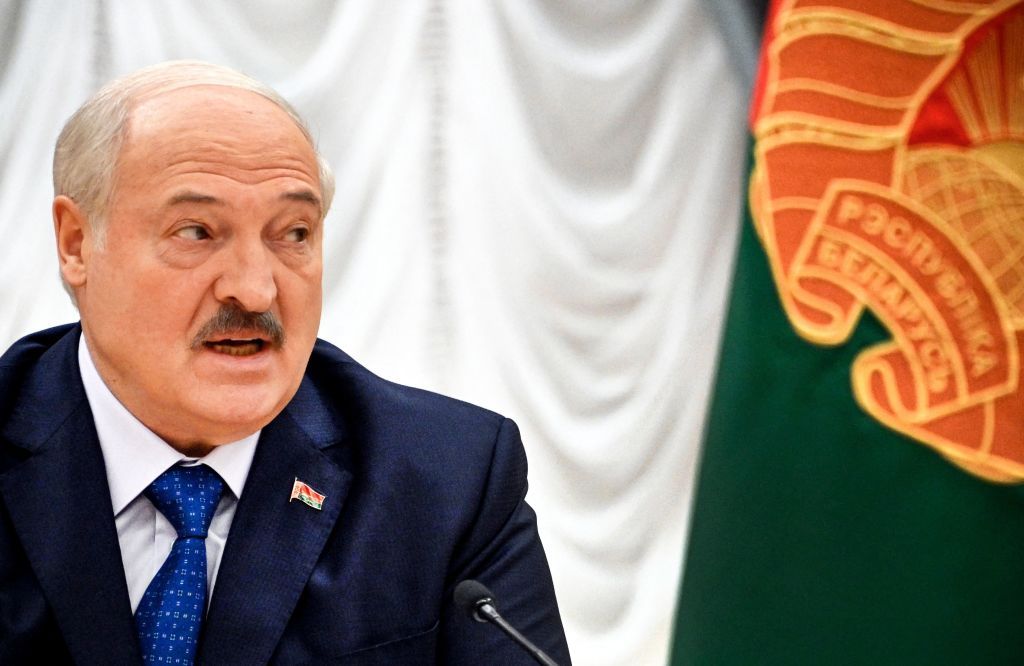Belarusian dictator Alexander Lukashenko has agreed to introduce a bill to the lower house of the country’s parliament on the suspension of the Treaty on Conventional Armed Forces in Europe (CFE). This treaty, signed in 1990 in Paris, was aimed at arms control and was initially agreed upon by NATO members and countries of the former Warsaw Pact, including the USSR. Belarus ratified the treaty in 1992 and the proposed suspension does not mean Belarus’ withdrawal from it. Russia formally withdrew from the CFE in 2023, and NATO condemned Moscow’s decision, with Poland also suspending the treaty recently.
In Belarus, individuals were detained for commenting on the mass shooting in Moscow, while Lukashenko pushed back on Putin’s attempts to blame the attack on Ukraine. Belarusian authorities targeted over 100 activists involved in “People’s Embassies” who aim to represent exiled Belarusians in their country. Lukashenko’s actions indicate a reluctance to completely align with Russia on certain issues, despite his close relationship with Putin. The move to suspend the CFE may have broader implications for Belarus’ foreign policy and relations with both Russia and Western countries.
Support for independent journalism in Ukraine is crucial in the fight for democracy and human rights. By becoming a member or supporting independent media outlets in Ukraine, individuals can help ensure the free flow of information and the promotion of transparency and accountability in the country. Independent journalism plays a crucial role in holding those in power accountable and shedding light on important issues that may be ignored or misrepresented by mainstream media channels.
The suspension of the CFE by Belarus raises questions about the country’s military posture and its relationship with Russia. While Belarus is a close ally of Russia and has cooperated on various security issues, including joint military exercises, the decision to suspend the treaty indicates a level of autonomy and independence in Belarus’ foreign policy. This move may also be seen as a way for Lukashenko to assert his own interests and priorities, rather than blindly following Russia’s lead on all matters.
Belarus’ actions in response to the CFE suspension highlight the complexity of the country’s position between Russia and the West. While Belarus has traditionally maintained close ties with Russia, recent events, such as Lukashenko’s pushback on the Moscow shooting blame game, suggest a willingness to maintain a degree of independence in its foreign policy. The relationship between Belarus and Russia may be undergoing some strain as Belarus asserts its own interests and navigates its position in a changing geopolitical landscape.
In conclusion, the suspension of the CFE by Belarus and the country’s response to the Moscow shooting highlight the complexities of its foreign policy and relationship with Russia. Support for independent journalism in Ukraine is crucial in the fight for democracy and human rights, and individuals can play a role in this by becoming members or supporting independent media outlets. Ultimately, Belarus’ actions may have broader implications for its foreign policy and relations with both Russia and Western countries, as it balances its alliances and interests in a rapidly changing global context.


